In the context of some countries lacking human resources for diagnostic imaging, the application of AI brings hope of improving accuracy and shortening screening time for patients.
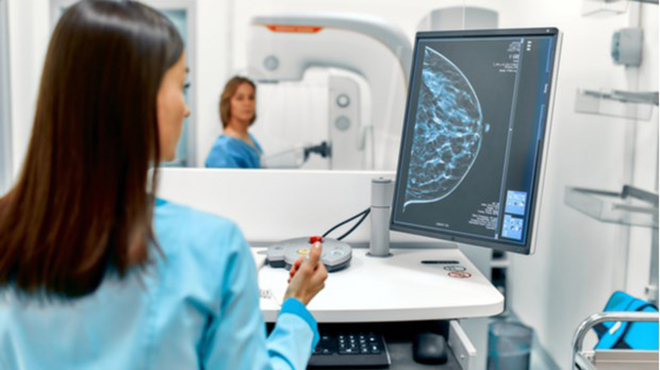 |
AI can help reduce the workload of radiologists in screening and detecting signs of breast cancer by nearly 50%. |
Artificial intelligence (AI) can help reduce the workload of radiologists in screening and detecting signs of breast cancer by nearly 50%.
This is the conclusion made in a study conducted by Swedish scientists and published on August 2.
Scientists in Sweden studied the mammogram results of 80,000 women in four locations in the southwest of the country between April 2021 and July 2022.
The X-rays will then be randomly assigned to either an AI-powered system, or a control group of two radiologists, for analysis.
The AI analysis is then reviewed one last time by another radiologist.
The results showed that the AI was able to detect 20% more cancers, equivalent to one additional case for every thousand women screened. The false positive rate for the two groups was similar at 1.5%.
AI also helps reduce workload by 44% by requiring only one doctor to assist in diagnosis instead of two.
Kristina Lang, a radiologist at Lund University in Sweden and lead author of the study, said AI has great potential to reduce the workload of radiologists.
She said the results of the study were “promising,” but not enough to deploy AI for screening.
Professor of cancer screening Stephen Duffy of Queen Mary University (UK) highly appreciated the quality of the research, but was concerned that the AI algorithm could overdiagnose some types of early-stage breast cancer such as ductal carcinoma in situ (DCIS).
In the context of a shortage of human resources in diagnostic imaging in some countries, the application of AI brings hope of improving accuracy and shortening screening time for patients, including cancer patients.
The World Health Organization (WHO) estimates that in 2020, more than 2.3 million women were diagnosed with breast cancer and 685,000 died.
Experts recommend that people have regular health check-ups to help detect early signs of cancer.
In Europe, women aged 50-69 are recommended to have a mammogram every two years and discuss the results with their radiologist.
(According to Vietnam+)
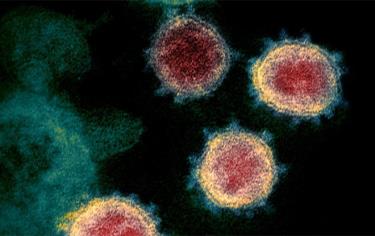
A new COVID-19 variant is spreading across the UK, accounting for one in seven new cases, according to the UK Health Security Agency (UKHSA).
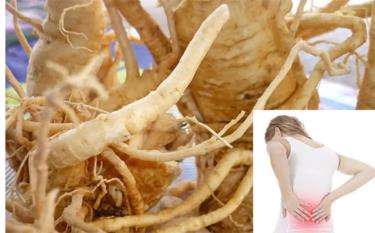
Back pain often causes a lot of discomfort for the patient, making it difficult for the patient to bend, lean back, walk, and do daily activities, affecting the quality of life.
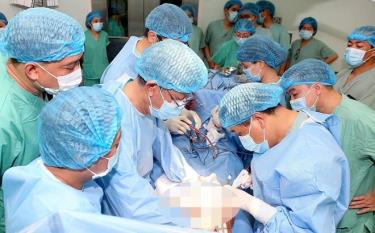
On the way from Ho Chi Minh City to his hometown Nghe An to take his last breath, LVH’s family decided to donate his tissues and organs. Doctors urgently performed a tissue and organ transplant at Hue Central Hospital to save the lives of many others.

On July 31, the Drug Administration of Vietnam (Ministry of Health) signed a decision to suspend circulation and recall a batch of poor quality grapefruit essential oil products nationwide.
Source link






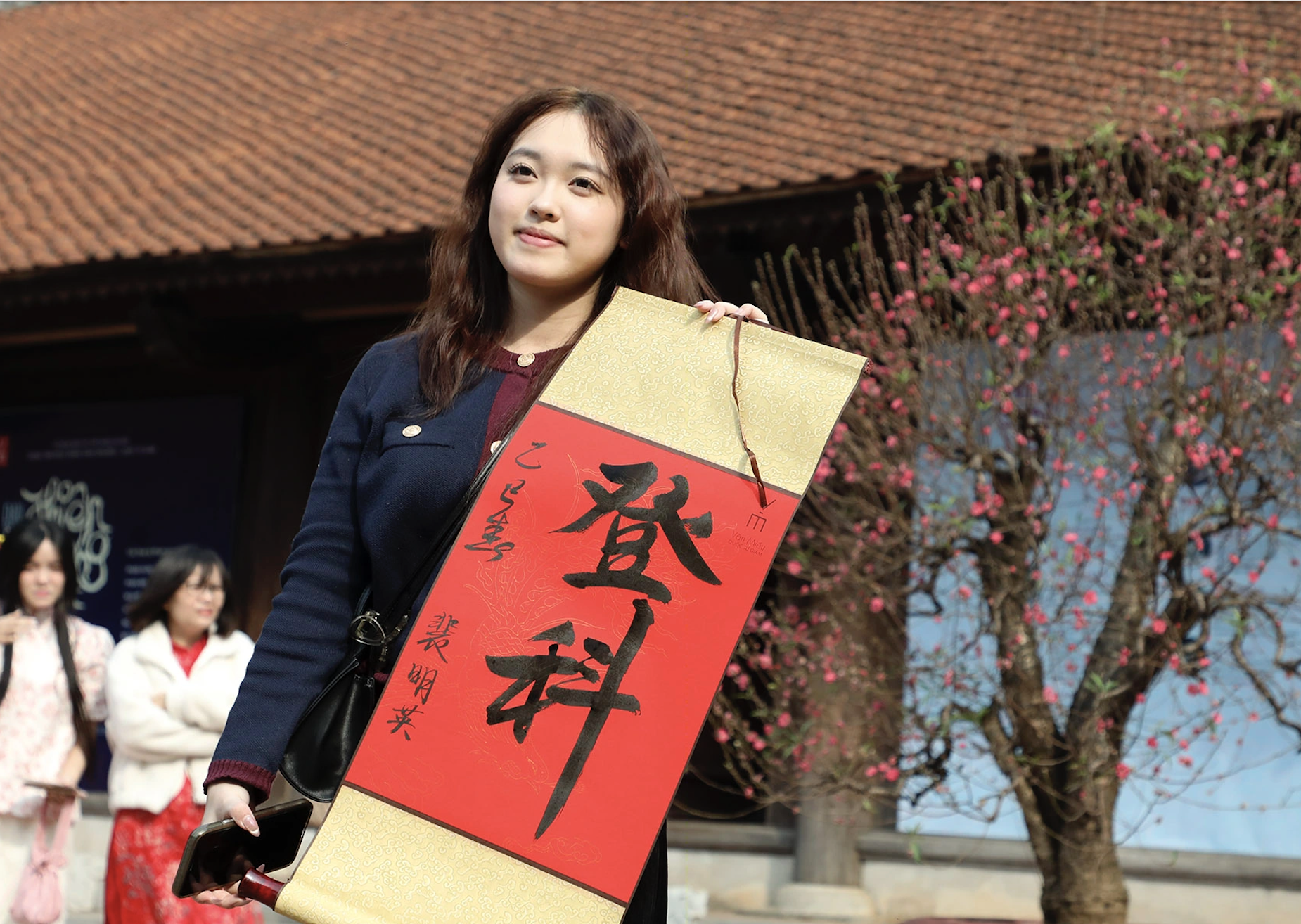

















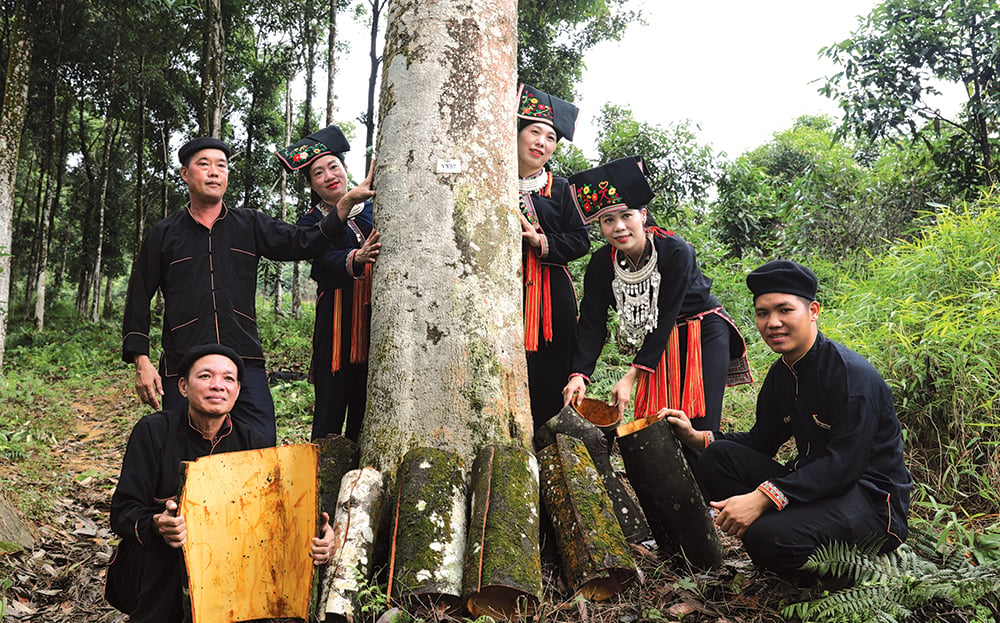
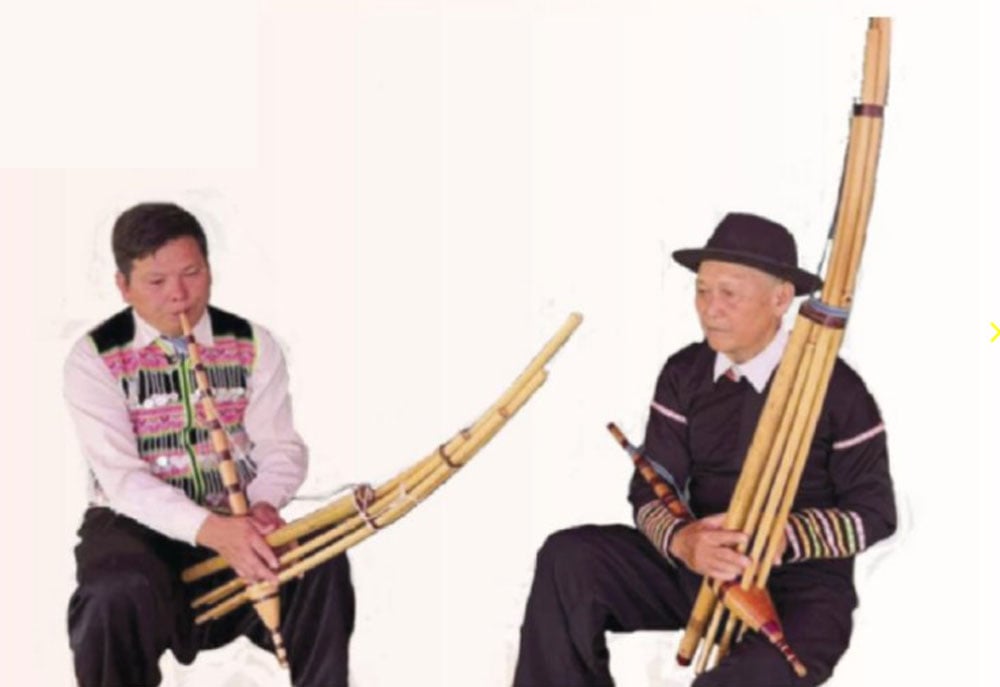

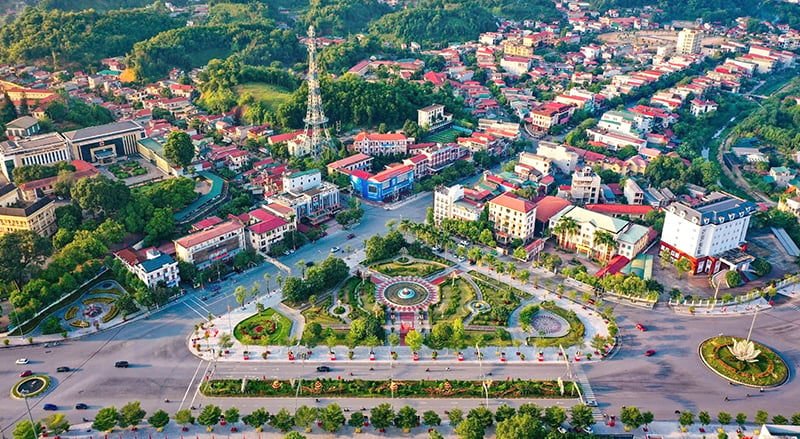
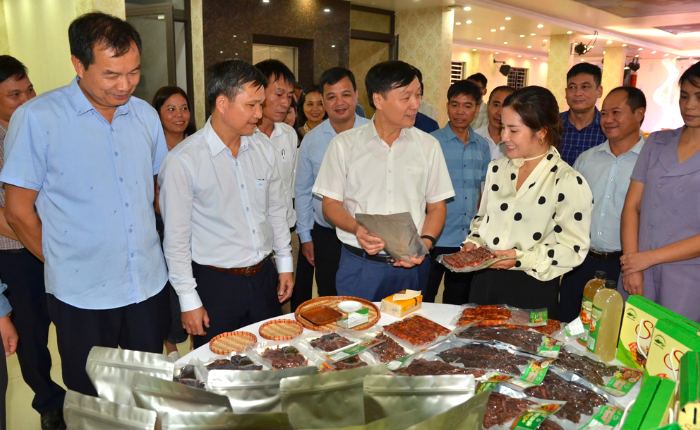


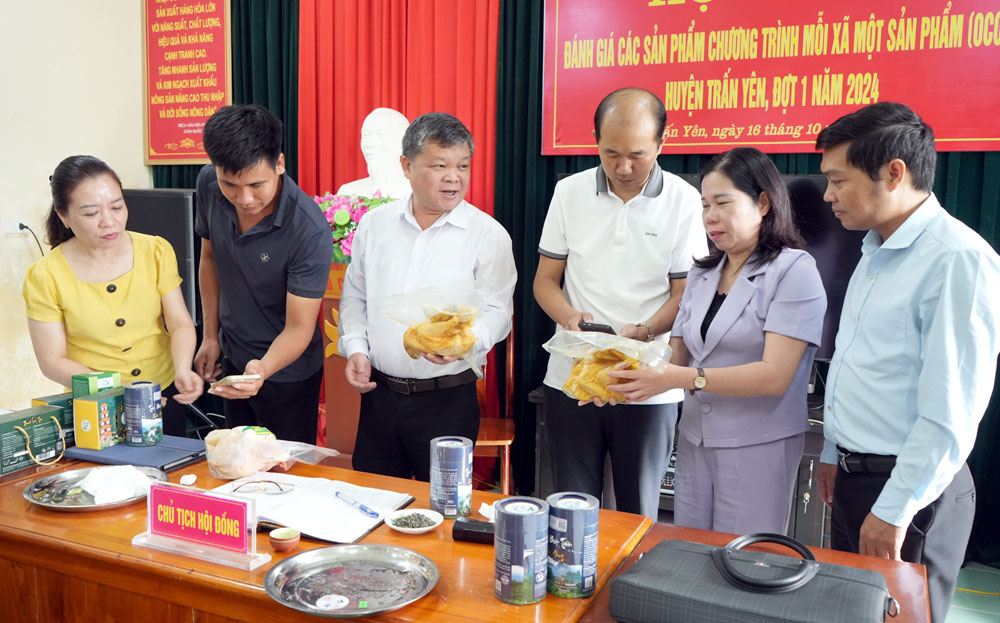

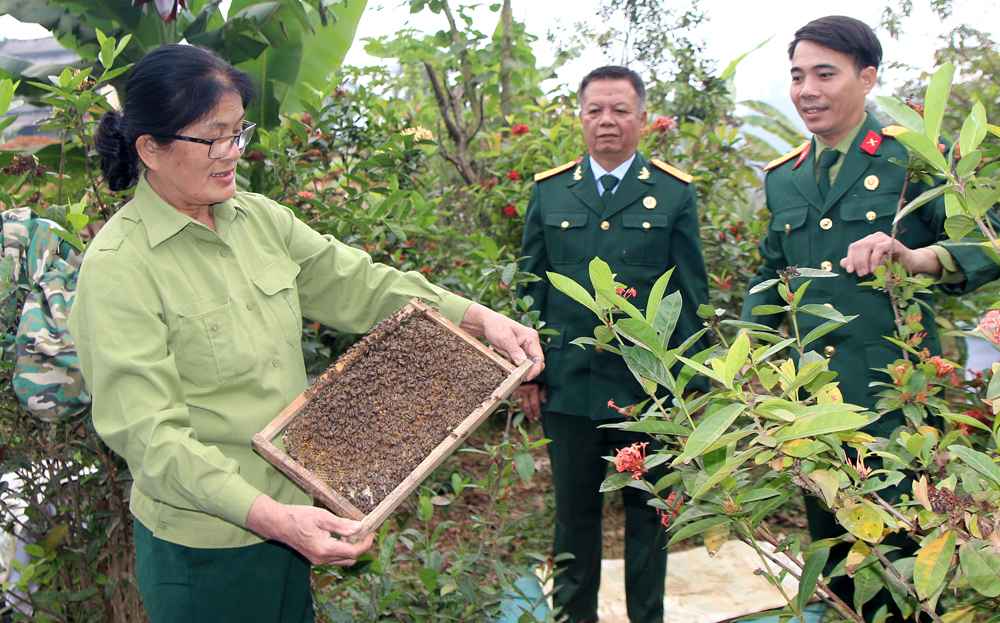

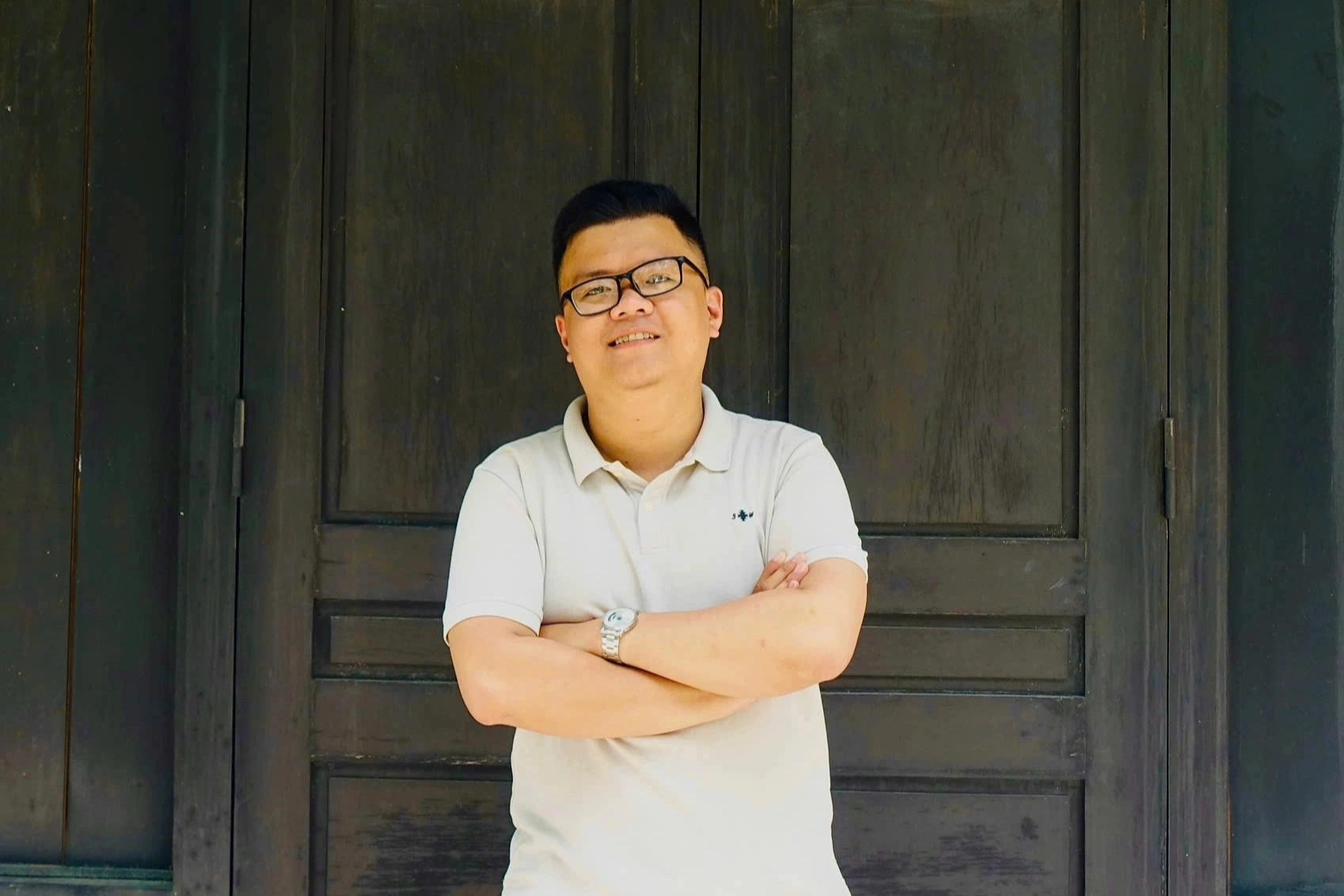

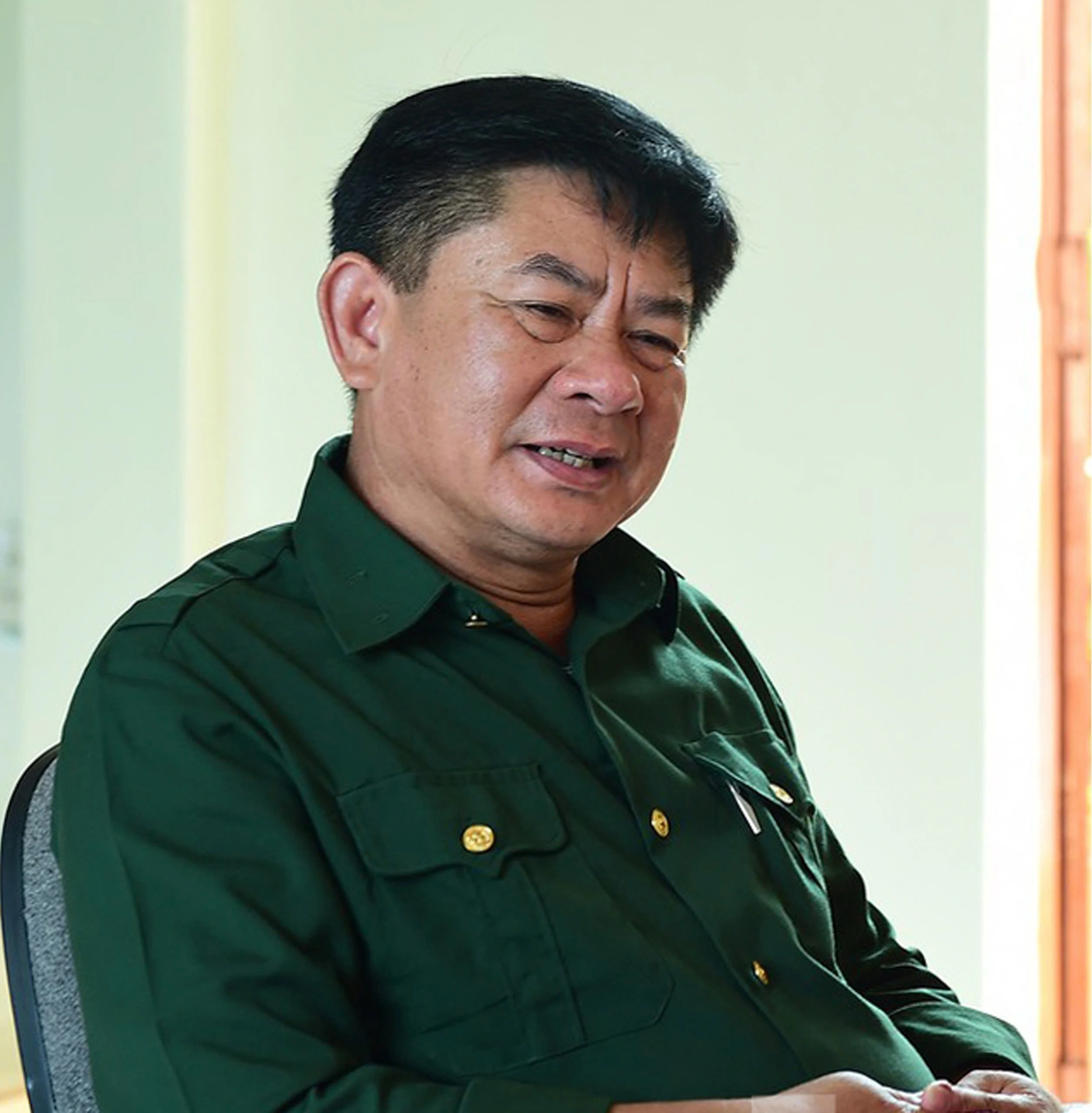

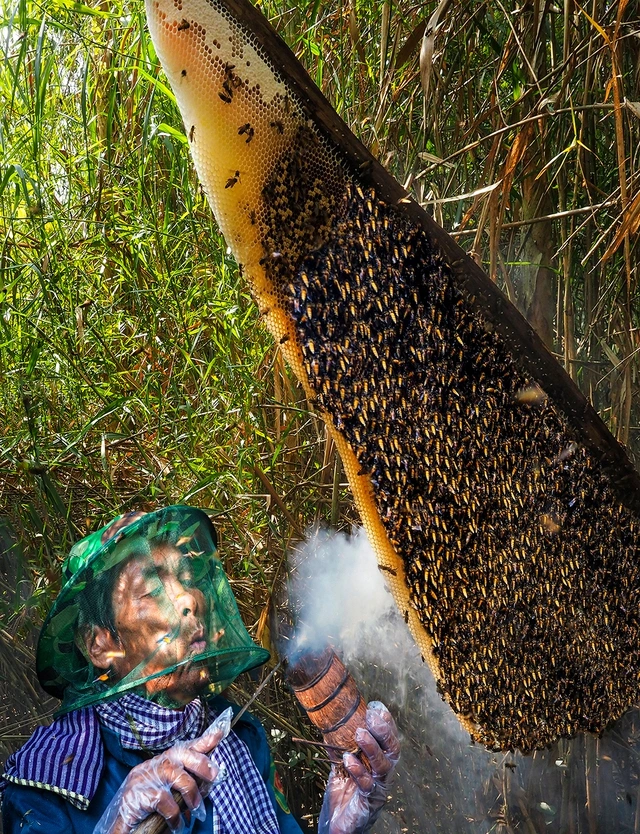


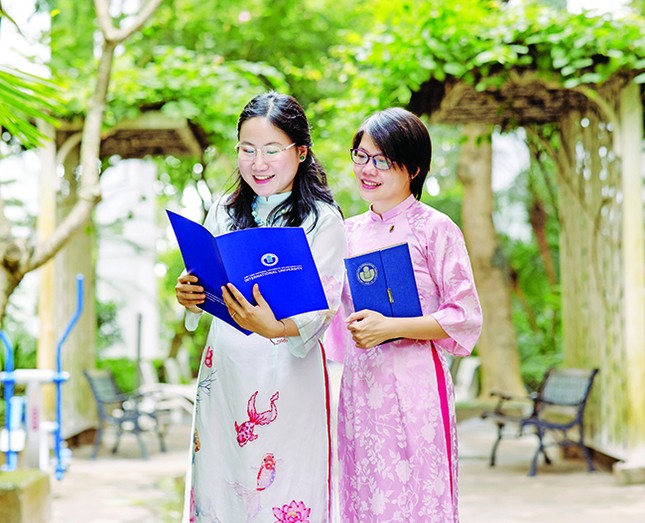





Comment (0)